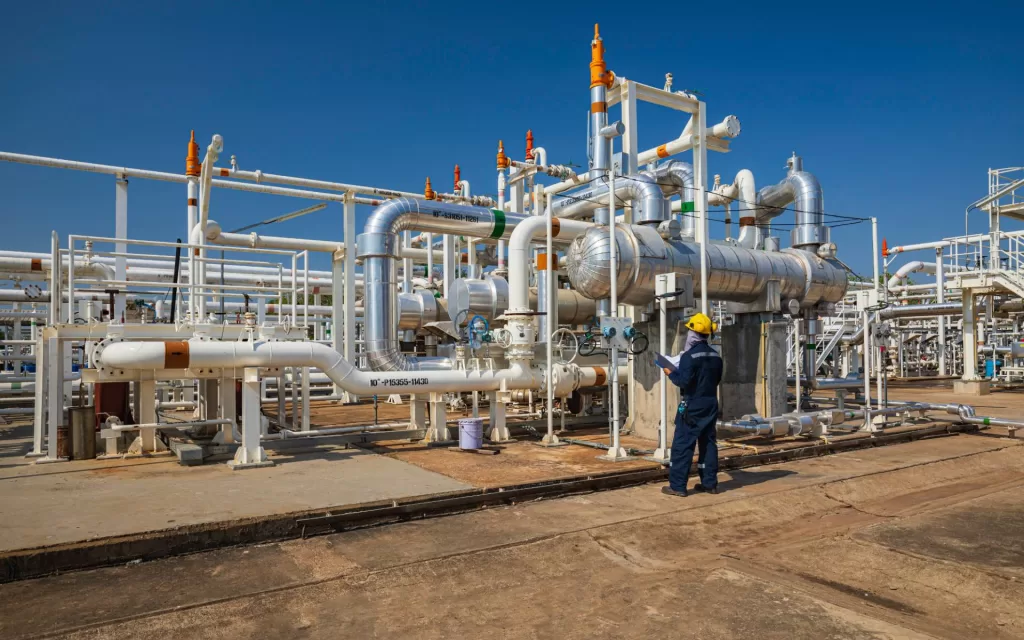
Abuja, Nigeria – Nigeria’s natural gas production rose sharply in March 2025, posting a 15.6% month-on-month increase to 227.93 billion standard cubic feet (Bcf), according to newly released data from the Nigerian Upstream Petroleum Regulatory Commission (NUPRC).
On a year-on-year basis, the nation recorded a moderate growth in gas output, rising from 198.35 Bcf in March 2024 to 227.93 Bcf in March 2025 — a reflection of consistent upstream activity and expanding infrastructure in the sector.
The NUPRC’s Gas Production Status report detailed that of the total volume produced in March, 119.55 Bcf came from associated gas — a byproduct of crude oil extraction — while 108.38 Bcf was non-associated gas, which is produced independently of oil. The latter typically requires more targeted investment in exploration and infrastructure.
Officials from the Ministry of Petroleum Resources (Gas) noted that the increase follows renewed policy efforts aimed at attracting investment and boosting gas production. These include incentives to develop Nigeria’s vast reserves and strengthen its gas value chain.
Meanwhile, the Nigerian LNG Limited (NLNG) reaffirmed its strategic expansion with the ongoing Train 7 Project, expected to increase its production capacity by 35%, from 22 million tonnes per annum (mtpa) to 30 mtpa.
“We are fully committed to expanding our operations. The Train 7 Project will cement Nigeria’s role as a key global LNG supplier,” NLNG stated. The project capitalizes on Nigeria’s 202 trillion cubic feet of proven gas reserves — the ninth-largest globally — positioning the country to meet both domestic demand and international export targets.
As global energy markets pivot toward cleaner fuels, Nigeria’s rising gas output places it in a stronger position to leverage its natural resources for sustainable economic growth and geopolitical relevance.








